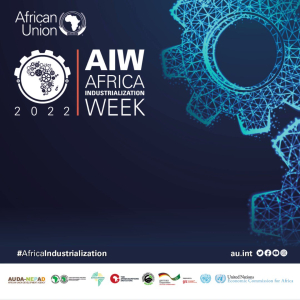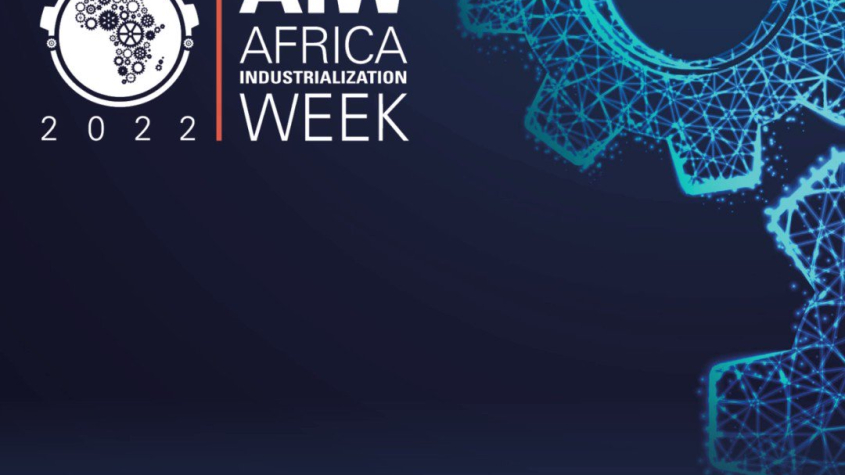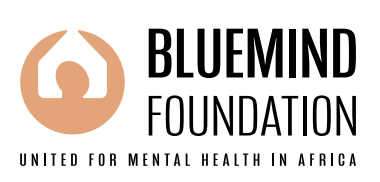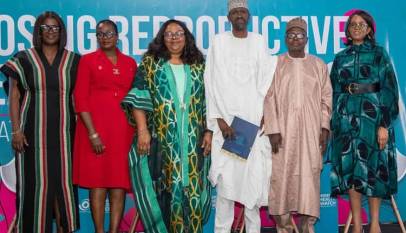AIW2022: AUDA-NEPAD push for inclusive industrialization in Africa
As part of the ongoing 2022 Africa Industrialisation Week (AIW2022), currently underway in Niamey, Niger, the African Union Development Agency Monday (AUDA-NEPAD) hosted a side-event on accelerating Africa’s inclusive and sustainable industrialization.

Stakeholders at the high-level gathering underlined the importance of Africa’s industrialisation and economic diversification through homegrown solutions and targeted Micro, Small and Medium Enterprises (MSME) development support, and the crucial role of women and youth as driving forces in the actualization of the African Continental Free Trade Area (AfCFTA) and the continent’s industrialization drive.
Ms Nardos Bekele-Thomas, CEO of AUDA-NEPAD, said industrialization remains a fundamental aspiration for the realisation of Agenda 2063, adding that Africa’s rapid urbanization was among the fastest in the world. The AUDA-NEPAD CEO described access to energy, water, connectivity and mobility as key to economic expansion, noting that the implementation of the AfCFTA will enable Africa to produce, feed and grow local and regional supply chains.
Ms Bekele-Thomas said continental industrialisation frameworks such as the Plan of Action for Accelerated Industrial Development of Africa (AIDA) and the AfCFTA would guide the continent’s industrialization drive, adding that AUDA NEPAD was well-positioned to support and ensure the development of a results-based Africa-Industrialisation Policy Framework that was up-to-date and fit-for-purpose.
“Our current areas of focus on strengthening industrialization and trade include the development of a strong private sector and increased competitiveness through quality and productivity improvement along the value chains. To be effective, strong and active, a private sector requires a conducive environment to drive transformative industrialization that focuses on economic diversification, social equity and environmental sustainability.”
The AU’s development chief said her agency was accordingly supporting the transformation of African MSMEs to become critical players within international markets and across global value chains through a diversity of efforts including the Home-Grown Solutions (HGS) Accelerator for Pandemic Resilience in Africa initiative, designed to address persistent gaps in Africa’s health systems and provide support to African companies to scale their capacities for greater efficiency, impact and resilience.
The AUDA-NEPAD chief highlighted statistics from the International Finance Corporation (IFC) which show while 58% of all MSMEs were women-led, social inequality meant a total of 68% of women-led SMEs lacked sufficient financing, resulting in a $1.5trn financing gap. She described the situation as a critical development challenge while advocating for equitable development as an imperative to achieve long-term growth.
Ms Bekele-Thomas therefore said AUDA NEPAD was focused on establishing new and capacitating existing innovation hubs across every African country to broker partnerships that commercialize technology for the economic advancement of the continent. “Support will be provided to member states to promote innovation and to top innovators to build an innovation pipeline on a regular needs-driven basis.”
Amb. Albert Muchanga, the AU Commissioner, Economic Development, Trade, Tourism, Industry and Minerals (ETTIM), said as Africa’s population was rapidly increasing, with attendant increased demands for products and services, empowering MSMEs has become pertinent to scaling up the supply of products and services for the AfCFTA market.
Muchanga said the prevailing production capacity of Africa was insufficient for meaningful trade under the AfCFTA, adding that while countries in Europe and Asia could be easily identified with certain products which were unique to them, no African country has a unique brand to reckon with across the AfCFTA and international markets, due to lack of finance and capacity to produce high-quantity products.
“We need to create an environment where we are able to bring SMEs together around a common brand and supply to the scale of the AfCFTA. In order to accelerate inclusive and sustainable development across Africa, we have to prioritize clustering of industrial activities along a defined brand because, at the moment, we don’t have any industrial product that boasts of being a uniquely African brand,” he decried.
AUDA-NEPAD highlighted to the meeting’s participants lessons gained from ongoing initiatives that support African home-grown solutions for accelerating the continent’s industrialization drive through job creation, entrepreneurship, promoting business innovation, as well as youth and women mainstreaming, within the context of current and emerging continental and global socio-economic trends.

















